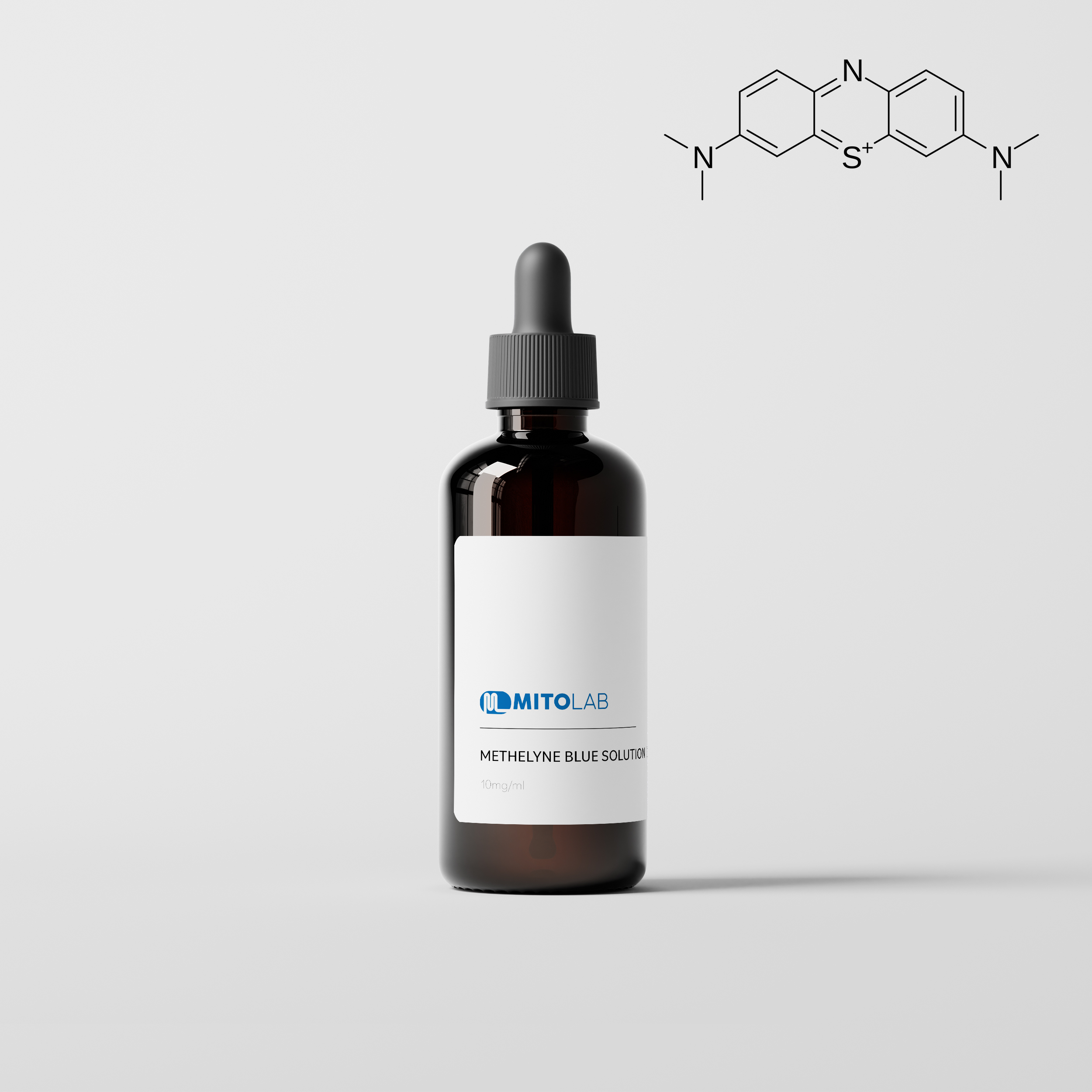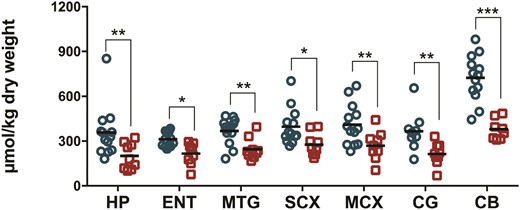Disrupt It All
Member
- Joined
- Mar 25, 2021
- Messages
- 124
Hi guys, what would be a safe dosage of Methylene Blue for my mam who’s a pensioner and really starting to struggle with memory issues. Is it ok to use MB daily or should it be cycled. Also, any other advice to help slow down this degeneration process would be great.
Love to you all.
Love to you all.






